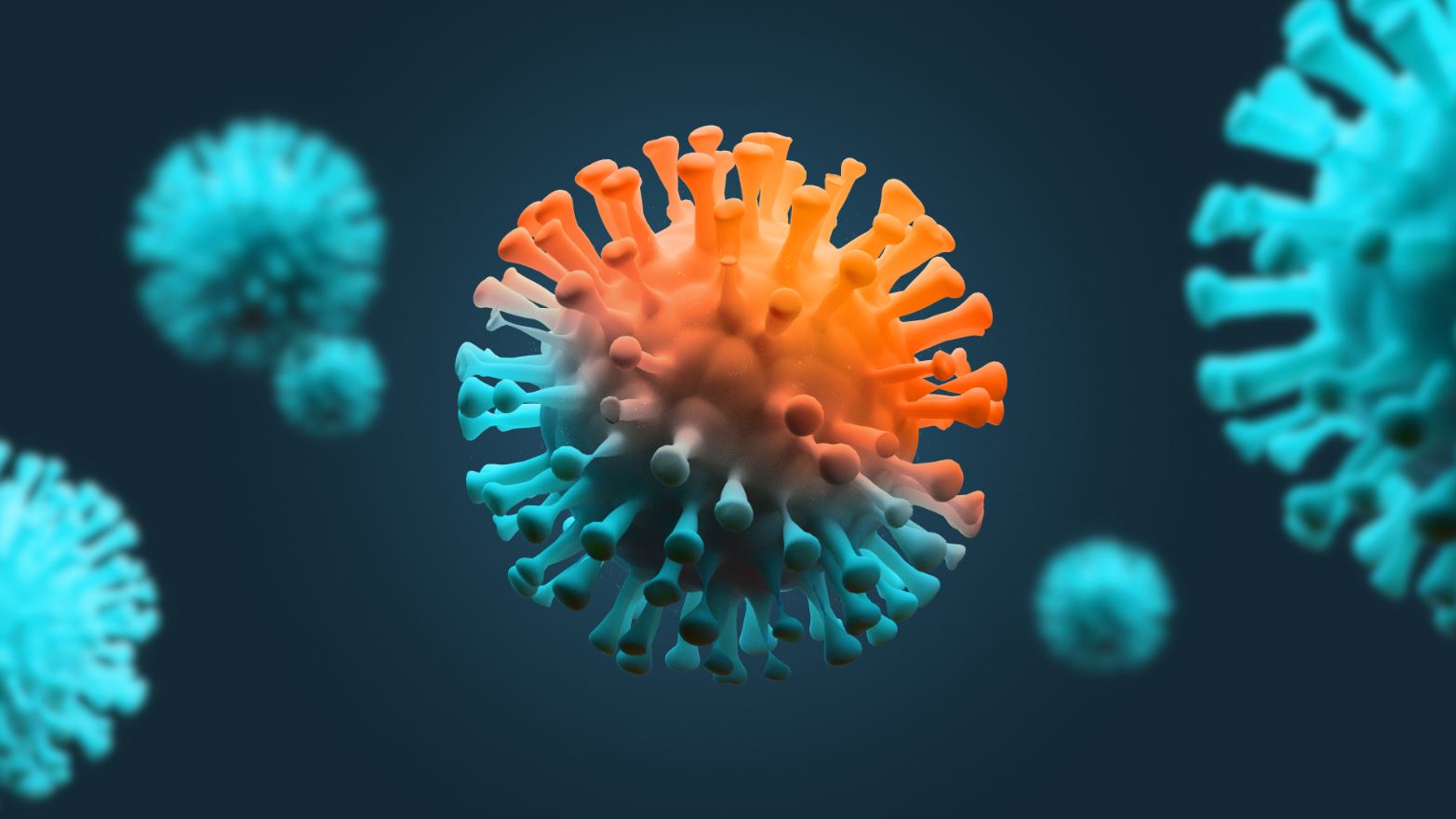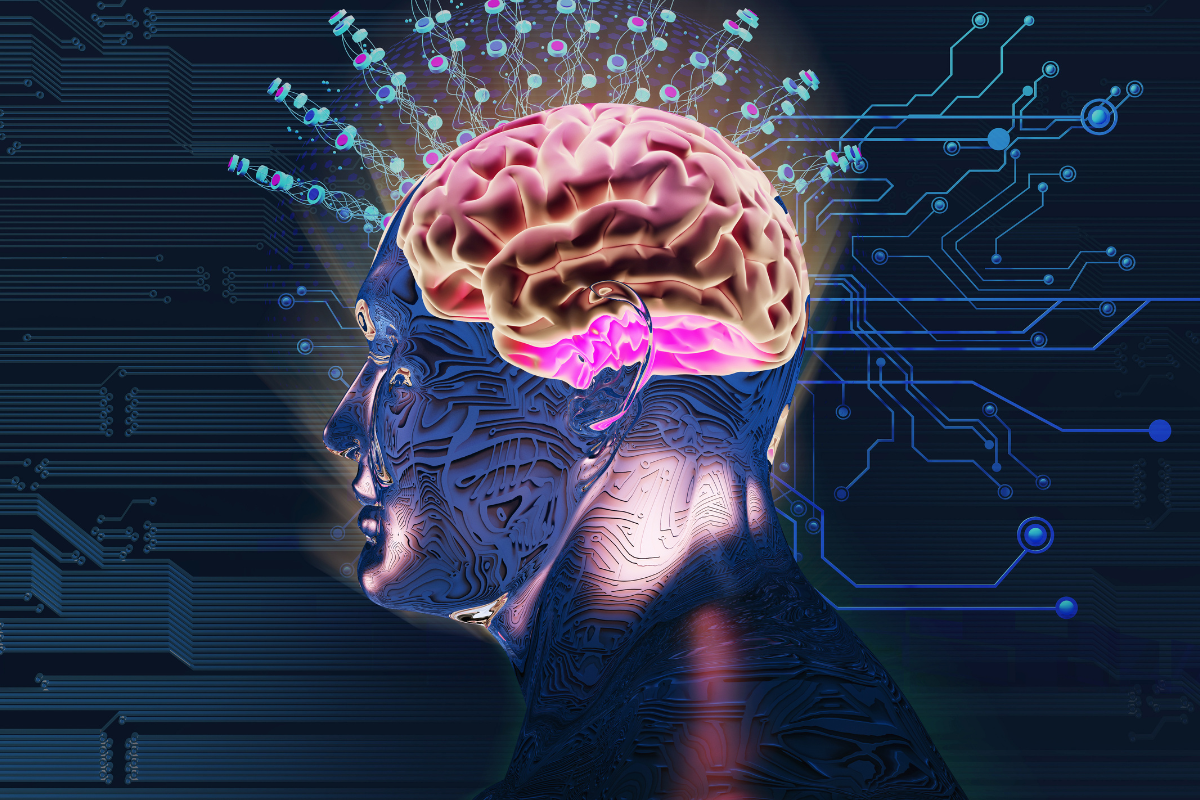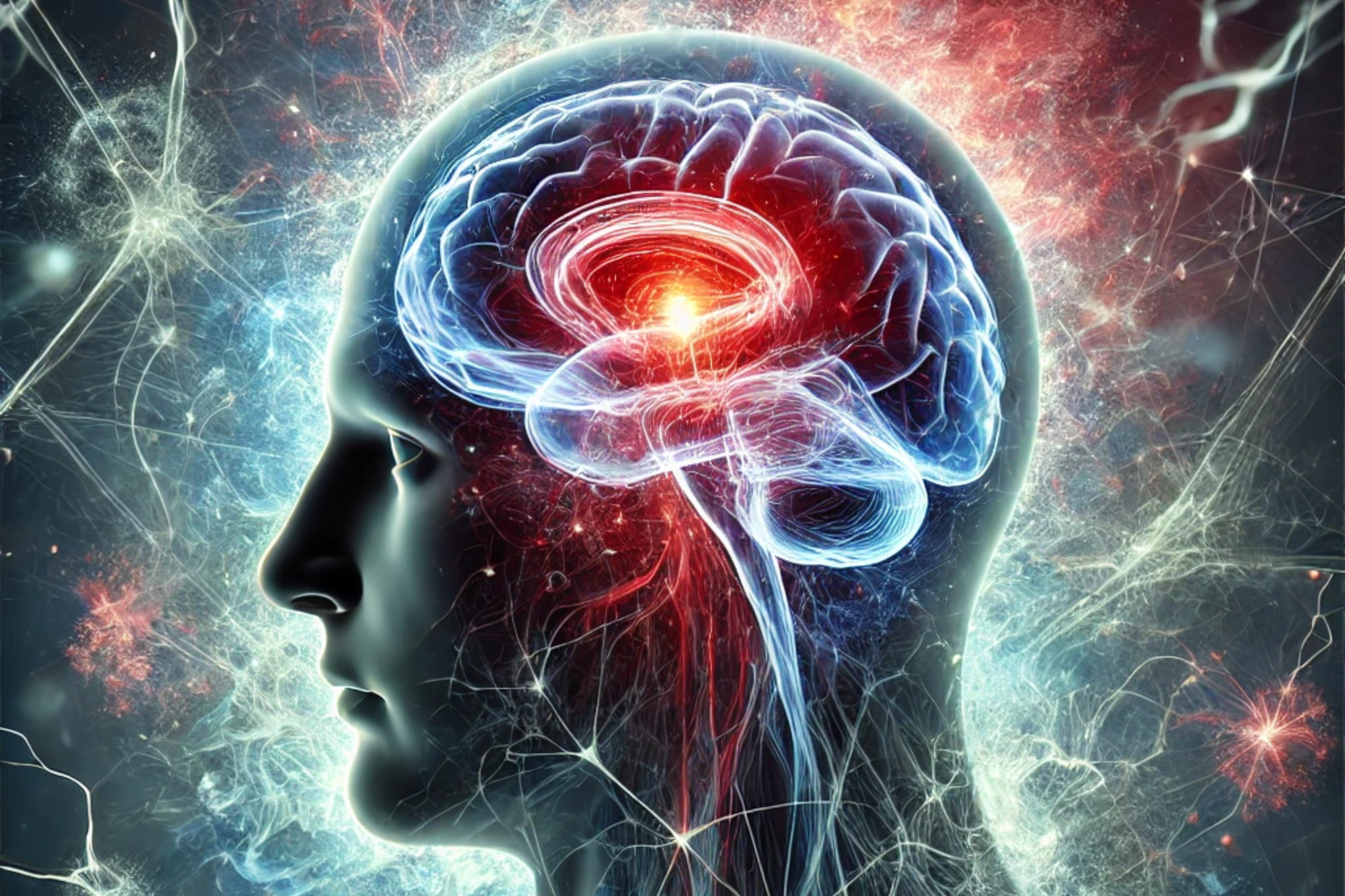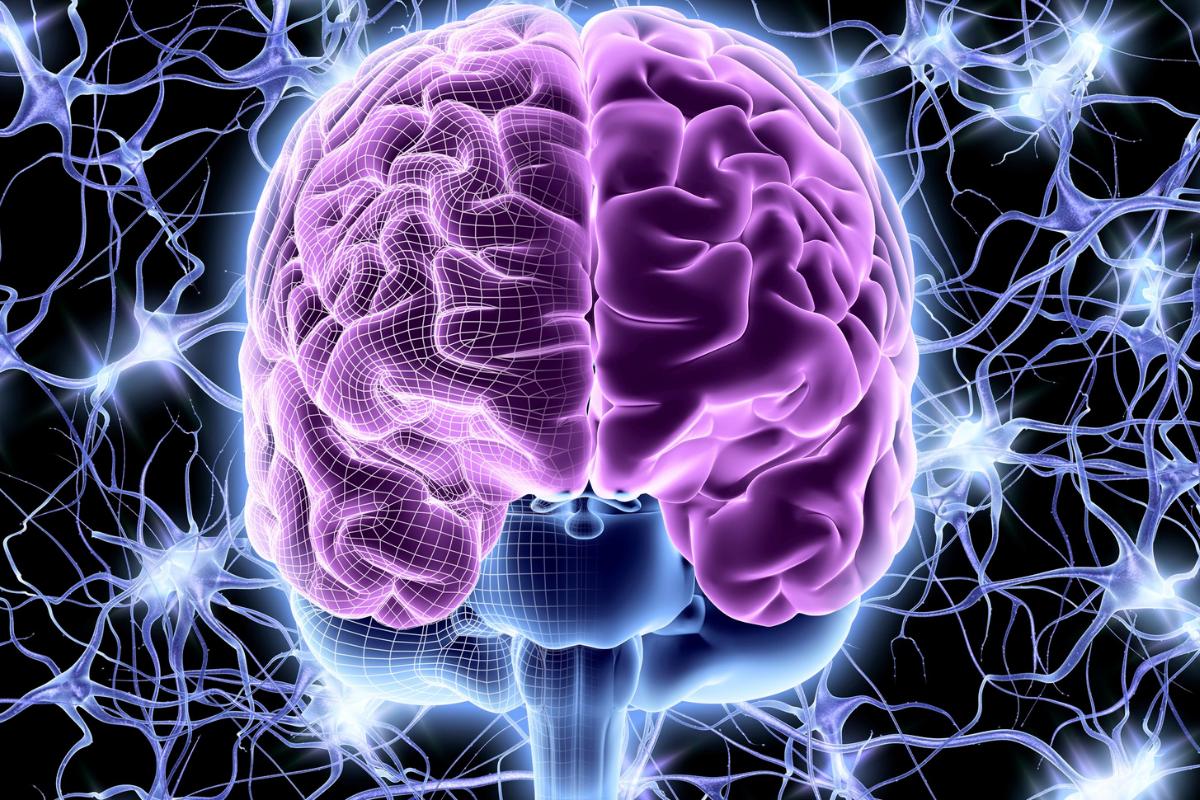By Dr. Petrus Raulino
The answer is: we don't know yet. But there is interesting data being published.
A study carried out at the university hospital Virgen del Rocio in Spain and published in a letter to the editors of the journal Schizophrenia Research suggests that the use of antipsychotics may protect against SARS-CoV-2 infection or lead to a milder form of the disease.
About the study
The study's conclusion is noteworthy because many studies have shown a higher risk of mortality among patients with psychiatric disorders.
The prevalence and prognosis of COVID-19 in 698 patients with severe psychiatric disorders being treated with long-acting injectable antipsychotics.
Between February and November 2020, only 1.3% of patients with severe psychiatric disorders (9 out of 698 patients) were infected with SARS-CoV-2, of which 11.1% were symptomatic (diarrhea). There was also a reduction in hospital admissions for patients who were infected.
What other studies say
In another related study, the researchers found that many genes whose expression is altered by SARS-CoV-2 infection are downregulated by certain antipsychotics.
If certain antipsychotics can suppress the expression of genes and cytokines inflammatory, in theory they could prevent the "storm" of cytokines (inflammatory hyper-response).
The effects of certain antipsychotics on immune pathways, inducible inflammatory enzymes (cyclooxygenase) and microglia activation lead us to speculate that these drugs may provide protective effects against SARS-CoV-2 infection.
Conclusion
Caution should be exercised when interpreting the results of these studies, which cannot yet be generalized. Further studies are certainly needed, with different populations and increasingly larger samples.
But the study published in the journal Schizophrenia Research has its scientific relevance by pointing the way for future research.
References
Canal-Rivero, M., Barragán, R. C., García, A. R., Torres, N. G., Crespo-Facorro, B., Ruiz-Veguilla, M., & Group, T. P. (2021). Lower risk of SARS-CoV2 infection in individuals with severe mental disorders on antipsychotic treatment: A retrospective epidemiological study in a representative Spanish population. Schizophrenia research, 229, 53.
Crespo-Facorro, B., Ruiz-Veguilla, M., Vázquez-Bourgon, J., Sánchez-Hidalgo, A. C., Garrido-Torres, N., Cisneros, J. M., ... & Sainz, J. (2021). Aripiprazole as a candidate treatment of COVID-19 identified through genomic analysis. Frontiers in pharmacology, 12, 346.
Wang, Q., Xu, R., & Volkow, N. D. (2021). Increased risk of COVID?19 infection and mortality in people with mental disorders: analysis from electronic health records in the United States. World Psychiatry, 20(1), 124-130.
Nemani, K., Li, C., Olfson, M., Blessing, E. M., Razavian, N., Chen, J., ... & Goff, D. C. (2021). Association of psychiatric disorders with mortality among patients with COVID-19. JAMA psychiatry, 78(4), 380-386.







